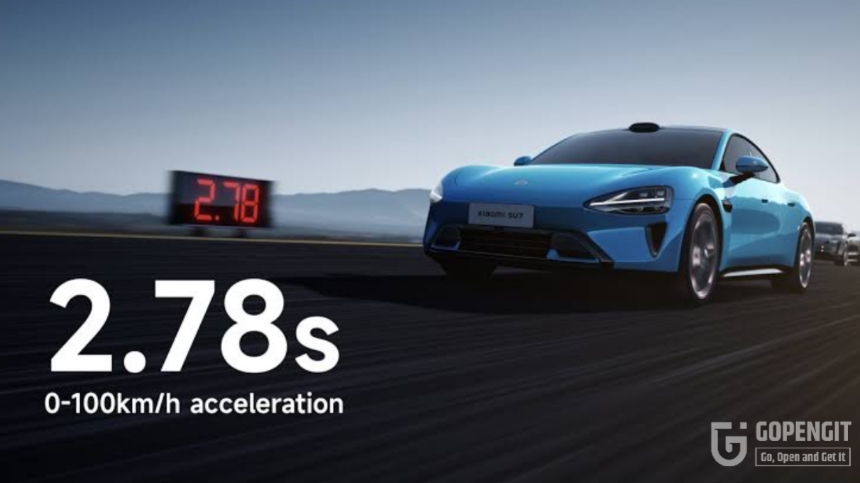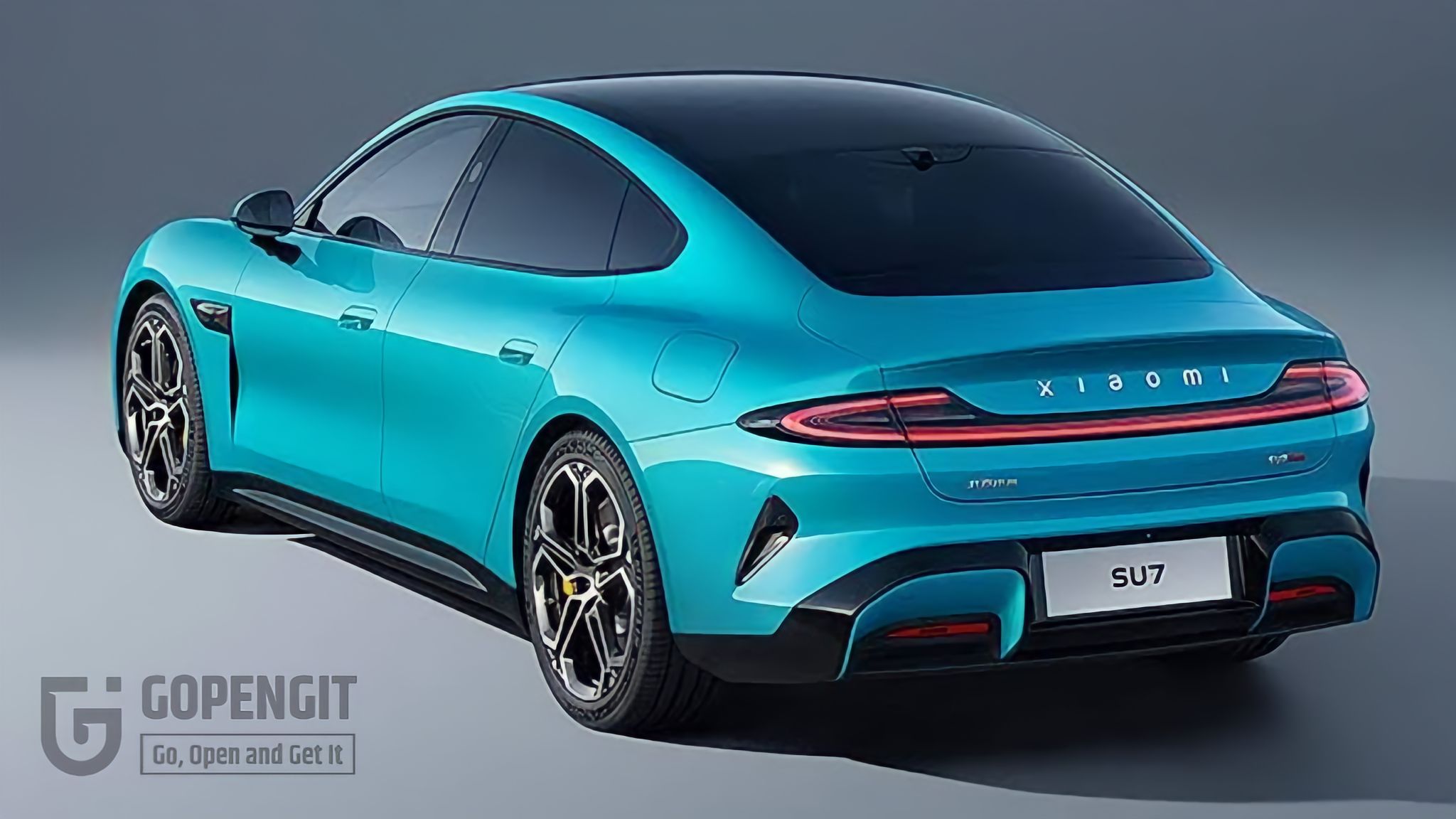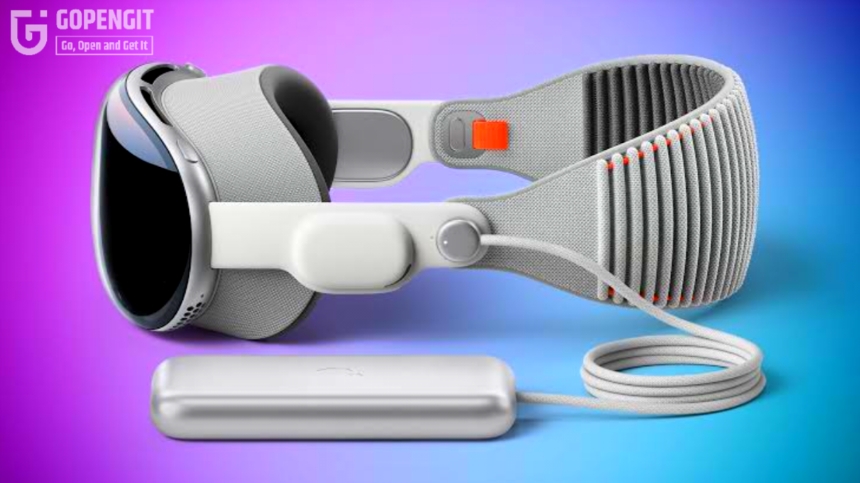Xiaomi SU7 EV : In December 28, 2023, the firm unveiled its fundamental technologies at the Xiaomi SU7 EV Technology Launch: the E-Motor, Battery, Xiaomi Die-Casting, Xiaomi Pilot Autonomous Driving, and Smart Cabin. Said to be a “full-size high-performance eco-technology sedan,” the Xiaomi SU7 is a design, performance, safety, and range first for the world.
Over the next 15 to 20 years, Xiaomi hopes to rank among the top five global automakers by focusing on key technologies and increasing investment tenfold. Lei Jun, the founder and CEO of Xiaomi Group, stressed the company’s dedication to changing the automobile sector.
Redefining the Automotive Technology Stack
The future of smart electric vehicles will connect consumer gadgets, intelligent ecosystems, and the automotive sector. Through the integration of smart software, AI, and industrial manufacturing, Xiaomi SU7 EV aims to revolutionize the automobile industry and make a major advancement in technology.
Technology of E-Motors in Xiaomi SU7 EV
The HyperEngine V6/V6s and HyperEngine V8s, two of Xiaomi’s own E-motors, were on display. At 27,200 rpm, 425kW of output, and 635N·m of peak torque, the HyperEngine V8s breaks the world record for E-motors. Utilizing cutting-edge technologies including S-shaped oil circuit design and bidirectional full oil cooling technology, it performs better.
Read more : Google Pixel Tablet Review : The Dock Takes Center Stage of Google Pixel Tablet.
The Technology of Batteries in Xiaomi SU7 EV
Inverted Cell Technology is a feature of Xiaomi’s CTB Integrated Battery Technology, which achieves the greatest battery integration efficiency for CTB batteries globally—77.8%. Enormous potential CLTC recharge range is provided by the battery, which has a maximum capacity of 150 kWh. The self-developed Battery Management System (BMS) with ASIL-D functional safety level and a 14-layer strong physical protection system are examples of safety precautions.

Xiaomi Die-Casting
Titans Metal, a proprietary die-casting alloy, and the Xiaomi Die-Casting T9100 cluster were unveiled by Xiaomi. By decreasing overall car weight by 17% and production hours by 45%, the die-casting cluster facilitates efficient inspections. A prime example of Xiaomi’s full-stack self-researched methodology is Xiaomi Titans Metal, a heat-treated die-casting material with unprecedented strength and resistance.
Huawei Pilot Self-Driving Car
Xiaomi is the pioneer of autonomous driving’s Super-Res Occupancy Network, Road-Mapping Foundational Model, and Adaptive BEV technologies. The Road-Mapping Foundational Model detects road conditions in real time, Super-Res Occupancy Network Technology uses cutting-edge vector algorithms to precisely identify obstacles, and Adaptive BEV Technology modifies perception algorithms based on scenarios.
Intelligent Traveler
Using a 56-inch HUD head-up display, a 7.1-inch spinning dashboard, and a 16.1-inch 3K central console, the Xiaomi SU7 EV Smart Cabin employs a “human-centric” interaction architecture. Over 1000 Xiaomi smart home gadgets are effortlessly integrated with Xiaomi’s Smart Cabin, enabling an ultimate interactive experience powered by the Snapdragon 8295 in-car chip.
Finishing the Human-Car-Home Ecosystem
With a focus on high performance, eco-technology capabilities, and a holistic mobile smart space experience, Lei Jun emphasized Xiaomi’s goal of creating the ideal car for the next era. Standing firmly in the “sub-2-second supercar” category, the Xiaomi SU7 reaches an amazing zero-to-hundred acceleration time of 2.78 seconds. An unparalleled smart mobile space experience is offered by Xiaomi SU7, which combines hardware, software, and third-party CarIoT ecosystems.
With the addition of Xiaomi, the “Human x Car x Home” smart ecosystem is completed. This allows industry partners to collaborate and seamlessly integrate hardware through real-time coordination. With over 95% of customers’ daily situations fulfilled, the ecosystem enables people, devices, and intelligent services.
As a result, Xiaomi’s entry into the automobile sector is a noteworthy development, demonstrating a sustained dedication, substantial investment in fundamental core technologies, and the realization of the “Human x Car x Home” smart ecosystem. Xiaomi EVs are expected to become a common sight on roadways all across the world, according to Lei Jun.





